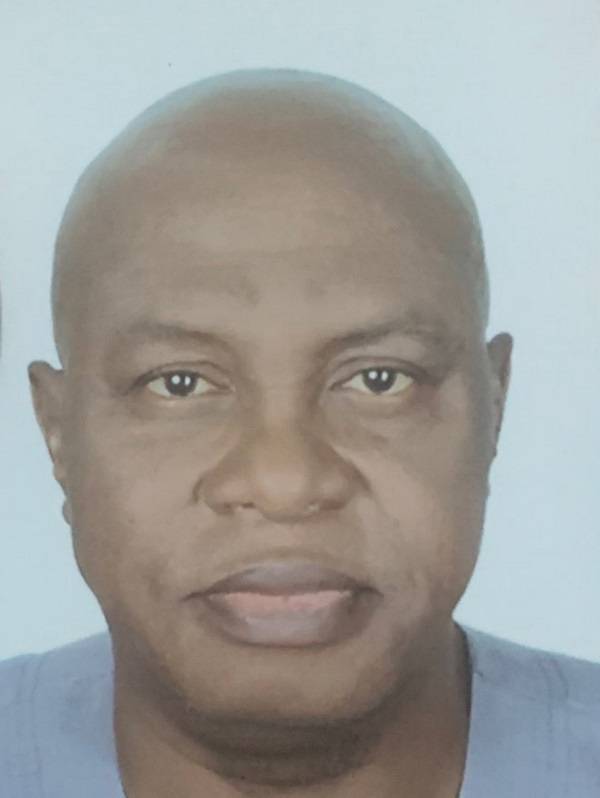
In a surprising turn of events this June, a congregation of over 300 people gathered in a church to witness a robotic tool, powered by artificial intelligence (AI), conduct a religious service. While AI has made its mark across various facets of human life, its presence in religious contexts has been minimal until this momentous occasion. In a German church, congregants found themselves captivated as a robotic entity delivered a sermon, prompting a unique convergence of technology and faith.
During this unprecedented display, attendees were urged to disregard the messenger’s form and instead focus on the message itself. This phenomenon, witnessed in a developed country, raises anticipation among individuals in developing nations who await their chance to experience this novel way of worship.
The service spanned nearly 40 minutes and encompassed prayer, sermons, blessings and hymns. Guided by an assembly of digital disciples, including four avatars led by ChatGPT, two young women and two young men, the experience left the parishioners in awe. This occurrence demonstrates the potential for AI’s role in religious practices beyond Christianity. Various religions could potentially adopt AI-powered versions of religious figures, offering a comprehensive collection of religious texts while minimising the risk of disseminating inaccurate information or biased counsel.
Some observers consider this fusion of technology and spirituality to be a tech-driven interpretation of divine intervention, free from the vulnerabilities of human fallibility.
Nonetheless, reactions to this leap into the digital spiritual realm have been mixed. Heiderose Schmidt, a 54-year-old IT professional, expressed scepticism, noting that the AI-led sermon lacked the warmth and passion typically associated with a human pastor. She felt that the avatars lacked emotions, body language and spoke too rapidly and monotonously for effective concentration.
While the world grapples with the implications of AI’s role in religious practices, the question arises: Should AI have a place in matters of faith? While AI’s ability to provide accurate religious information is acknowledged, the absence of empathy – a defining trait of human religious leaders – remains a significant concern. AI may be adept at conveying religious knowledge, but it lacks the emotional support and compassionate guidance that human leaders offer.
In regions like Africa and many developing countries, where religious institutions revolve around charismatic leaders, AI’s incorporation might face resistance. However, given the rapid advancements in AI tools, it is plausible that robotic reverends and digital deacons could eventually lead religious services. The German congregation’s experience serves as a testament to the intriguing yet cautious path toward an AI-driven religious landscape.
The irony of a machine delivering sermons about the soul is not lost, echoing the adage that “God works in mysterious ways” – even if it involves a few lines of code. This might explain the International Telecommunications Union’s (ITU) initiative to standardise AI creation and applications worldwide.
In July 2023, various stakeholders, including governments, industry leaders, academics and the UN community, convened at the ITU’s AI for Good Global Summit in Geneva, Switzerland. As the event’s convener, the ITU facilitated discussions on practical applications of AI to advance the UN Sustainable Development Goals. The emergence of generative AI and its challenges prompted talks about the need for global AI governance frameworks.
The summit featured diverse ideas for AI’s future, such as establishing a registry for AI applications, a global AI observatory, and new institutional bodies. Empowering existing organisations to address AI-related challenges was also proposed.
The ITU emphasises the importance of analysing the feasibility and potential of AI to create short, medium and long-term roadmaps. Collaborating with UN partners, including UNESCO, the ITU aims to integrate AI capacity support into digital transformation efforts, especially in critical areas like health, smart mobility and smart cities.
Amidst AI’s promising prospects, concerns about job displacement persist across numerous sectors. Industries such as hospitality, logistics and healthcare have already adopted robots for tasks like room service and housekeeping. However, the integration of AI might progress more slowly in regions like Africa and other developing economies.
As AI continues its journey into various aspects of human life, the interplay between technology and faith poses intriguing challenges and opportunities. The prospect of AI-led religious services, while raising questions about authenticity and empathy, underscores the need for thoughtful consideration in merging technology with deeply rooted spiritual practices.

